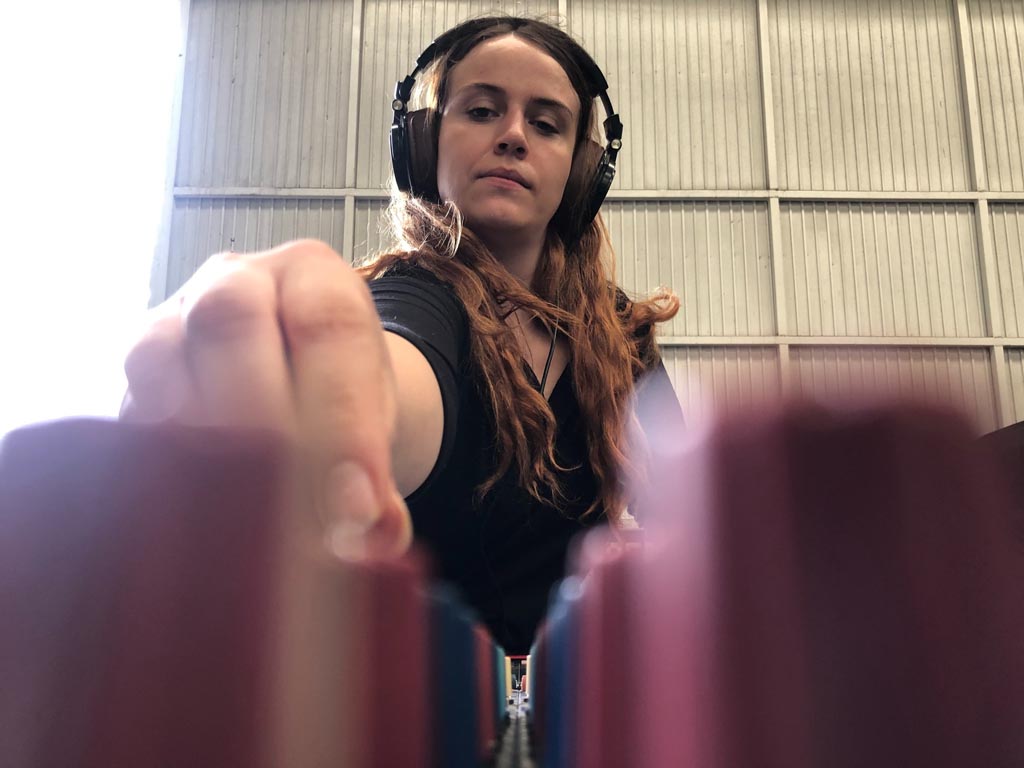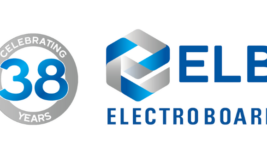TECH TALK
20 Feb 2023
Women in AV

Subscribe to CX E-News
The pace of change in the world of work has been staggering in recent years, including the change towards equal treatment of the sexes in the workplace. The largely male-dominated AV industry is no exception, with a gradually increasing number of women entering more and more roles. How much has changed, though, and what more could be done?
A study by US-based group Women in AV (WAVE) in 2020 surveyed 504 females in the industry and found leadership, career advancement, and technical training as the top three areas of professional growth where they wanted more opportunities. However, this survey was conducted just before COVID-19 lockdowns started, causing a radical shift towards entirely digital events for the following two years. It created a great demand for AV professionals, which some women seem to have been able to take advantage of.
“Like many, I fell into AV; I left uni with a degree in Interdisciplinary Design (think The Apprentice only with a qualification at the end rather than investment). I headed to London wanting a career in fashion, but it turned out it didn’t pay well! So, I applied for roles in technology where the money seemed to be and took my first AV job at Micro-P (now Exertis),” said Vicki Goodlock, now a freelance AV marketing consultant, in an interview for Runtech. “I found something I enjoyed; I’m a little nerdy, so AV seemed to work for me. I moved around a few different roles within the industry before ending up back where I started doing marketing, which was a big part of my degree and where I found my passion.”
Her story is not unusual. In fact, according to the 2020 study mentioned earlier, 67 per cent of women in the AV industry at the time said that they ‘fell into it’. Indeed, Runtech even managed to find a similar tale among their own employees with Faye Patterson, an AV projects sales manager. “I fell into the AV industry after working as a project coordinator in a fire and security company. I was employed by a global digital marketing agency as project and operations coordinator to help set up their engineering department for their new AV division,” she said.

“With no previous technical experience, I learnt so much from this role, which typically involved project managing from conception through to completion, preparing client proposals, and procurement. This was all with the help of an amazing female AV consultant who became a great mentor to me in my early career. After briefly stepping away from the industry, I was employed by Runtech and it just went from there!”
While both of these women are undoubtedly a part of the AV industry, it is worth noting that their specialisations are in marketing and sales. The 2020 study found that 58 per cent of the women surveyed held non-technical positions similar to these. Technical roles are somewhat harder to fall into, with fewer of the skills being readily transferable or applicable to other industries.

For a somewhat more technical perspective, product designer Anam Henna Rashid from Dalen Limited said, in an interview for Top-Tec: “In a very male-dominated company, I would say that women are treated differently, but the personality of an individual has a huge effect on how this treatment manifests itself. Working in a team that is heavily focused on engineering and due to the skillset and experiences of individuals in the team, I have noticed that a lot of the important decisions being made are by the male gender.”
In a 2022 study conducted by Avixa, women were found to represent only 9 per cent of AV professionals around the world, with most working in business support and marketing/ sales. Only about 5 per cent of AV technicians surveyed were women. The common explanation is that their skill and knowledge in technical subjects is doubted.

“Sadly, I have had to experience adversity particularly when dealing with specific industries that are heavily male dominated,” continued Faye Patterson. “The assumption that I am less qualified to work in the industry as I am a female has really pushed me to work hard to establish myself regardless of my gender or level of education. I completed the Women in AV (WAVE) mentoring programme in 2019, which helped me start building my network of other women within the industry. Anytime I am faced with challenges, I remind myself to be confident in my decisions and ability.”
This advice is often mirrored by other women in the industry – the importance of building networks in order to advance in AV, as well as confidence in one’s own abilities. “There are so many times when I have been encouraged and cheered on by the industry, “said Vicki Goodlock. “When I started on my own, I couldn’t have been given more support than I did, by those I have met along the way, both male and female! I found many of my champions early on in my career, and they still have my back now. With the right support network, most situations can be overcome and knowing one’s worth is very important.”

It does seem that, while change is undoubtedly happening slowly, it is happening. Opportunities for training and career advancement were both among the most sought-after in 2020 and such opportunities are now being made available, at least in some areas of the industry.
Toni McAllister, founder of the Women in AV Australia group believes part of the problem comes down to AV having an image issue. “The AV industry is not well known as a career option by many school-aged or young people. It is difficult to attract more people, women and men, to an industry if no one knows about it. Graduate and training programs are a great pathway into the industry and should be embraced by as many organisations as possible to prepare our next generation of AV techs.”
“Saying that, AV has had a moment over the past three years with virtual and hybrid events bringing the production side of events into the light. This may attract women to the industry going forward as it has exposed more people to the opportunities on offer. Now is the time for the industry to promote the versatility that AV offers and the convergence between live events and digital technology to draw a wider range of people. Diversity brings many benefits across the board; therefore, the industry should facilitate this and encourage an inclusive culture and environment for all.”

Anam Henna Rashid continued: “Our company offers equal opportunities for professional development to all members of staff. As a designer, I have been sent on many development courses to gain a better understanding of the software that we use. I have been encouraged to constantly develop my technical skills as this is something that is necessary within the workforce. This has enabled me to improve my skillset and given me a much better understanding of software and processes within my profession.”
Sadly, one example cannot be said to represent the entire industry and the data the 2022 survey previously referenced does suggest that there is something of a glass ceiling for women in AV. No category of role had a lower percentage of women than senior leadership, with even technical roles coming a close second.
Avixa said: “If a leadership team is all men, how well can it recruit, welcome, and include women? If you are a woman planning your career, especially with ambitions of success and leadership, would an industry so empty of women in leadership appeal? Bringing women into senior positions is in businesses’ interests as well, as academic research has found gender diverse management teams produce better returns.”
Subscribe
Published monthly since 1991, our famous AV industry magazine is free for download or pay for print. Subscribers also receive CX News, our free weekly email with the latest industry news and jobs.






